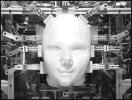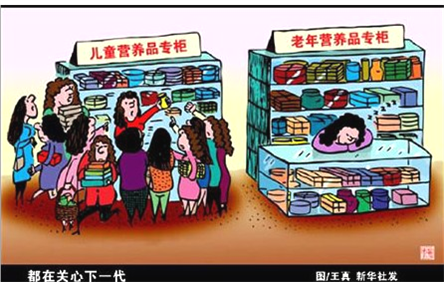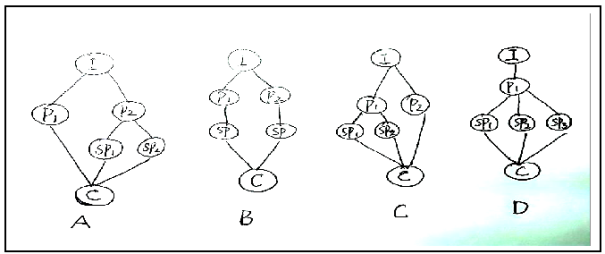题目内容
【题目】假定英语课上老师要求同桌之间交换修改作文,请你修改同桌写的以下作文。文中共有10处语言错误,每句中最多有两处。每处错误仅涉及一个单词的增加、删除或修改。
增加:在缺词处加一个漏字符号(∧),并在其下面写出该加的词。
删除:把多余的词用斜线(\)划掉。
修改:在错的词下划一横线,并在该词下面写出修改后的词。
注意:1. 每处错误及其修改均仅限一词;
2. 只允许修改10处,多者(从第11处起)不计分。
My summer travel started terribly. I was at the Shanghai Railway Station buy a Ticket to Hangzhou. I was going to visit a friend here and after that I would go to Xiamen for long holiday. I bought my ticket but turned around to pick up my bag from the floor and then I realized that someone had stolen it. Luckily I had all my money on my pocket, but the only clothes I had was those I had on. It felt very strange to travel without any luggages. When I finally arrived at my friend, he lent to me lots of clothes. I feel very happy that I could change my clothes at last.
【答案】
【解析】
1.buy改为buying 本句指的动词buy与主语I构成主动关系,故使用现在分词buying在句中作状语。故把buy改为buying。
2.here改为there 这里的there指上句提及的Hangzhou,去看望那里的朋友。故把here改为there。
3.for后面加a 本句中的名词holiday是一个可数名词,指很长时间的一个假期。故在for后面加a。
4.but改为and 上下文之间是并列关系,我买了票然后转身拿包。不存在转折的关系,而是递进的并列关系,故把but改为and。
5.on改为in 固定搭配“在口袋里”in the pocket。故把on改为in。
6.was改为were 本句的主语是the only clothes,该结构做主语时,谓语动词用复数形式。故把was改为were。
7.luggages改为luggage 名词luggage是一个不可数名词,没有复数形式。故把luggages改为luggage。
8.friend改为friend’s 固定搭配at my friend’s在朋友家里。故把friend改为friend’s。
9.去掉to 动词lend后面要接双宾语lend sb sth="lend" sth to sb把某物借给某人。故去掉to。
10.feel改为felt 本文讲述的是过去发生的事情,故使用一般过去时即可。故把feel改为felt。




